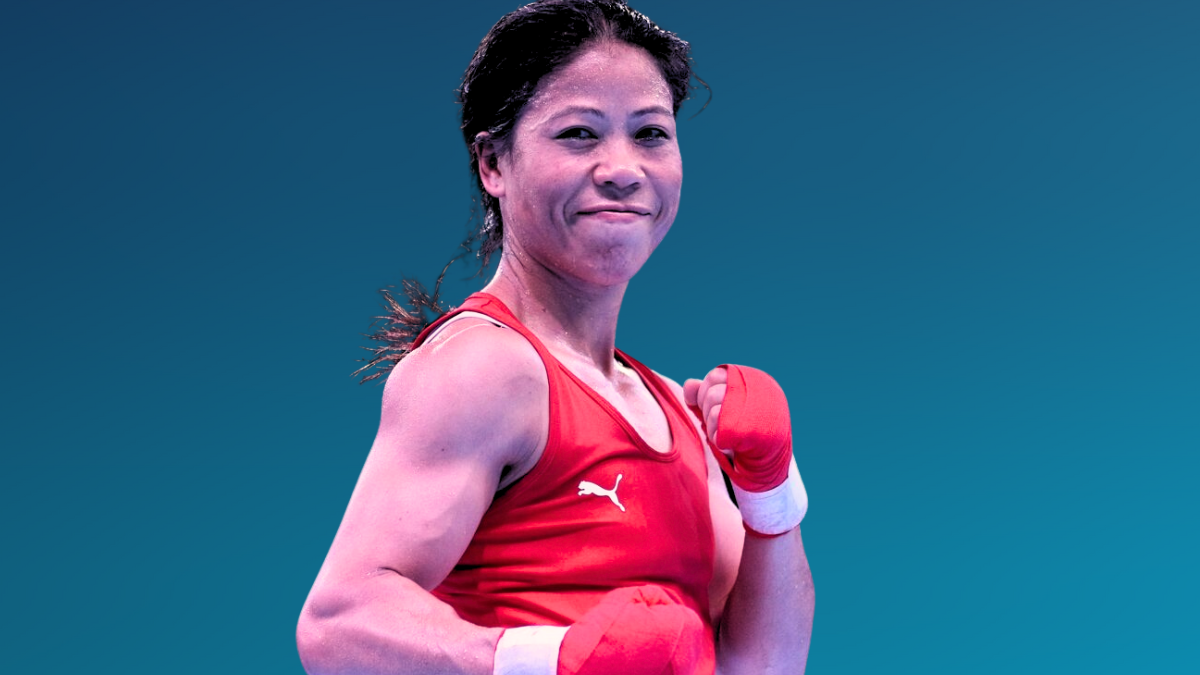Mangte Chungneijang Mary Kom, popularly known as Mary Kom, is an enduring symbol of resilience, determination, and unparalleled excellence in the world of boxing. Born on March 1, 1983, in Kangathei, a small village in Manipur, Mary Kom’s journey from a humble upbringing to becoming a global sports icon is nothing short of inspirational. She has earned the nickname “Magnificent Mary” and remains one of India’s most celebrated athletes, breaking barriers and rewriting the history of Indian sports.
Early life and struggles:
Growing up in a farmer’s family, Mary Kom’s childhood was marked by hard work and adversity. Mangte Tonpa Kom and Mangte Akham Kom, her parents, worked in the fields to support their kids.
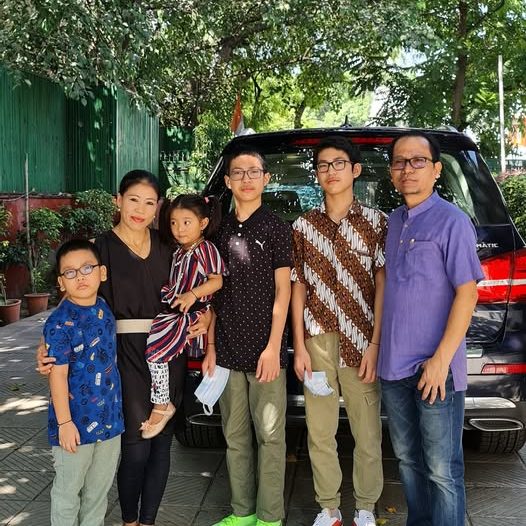
Despite limited resources, her parents instilled in her the values of discipline and perseverance, which would later become the bedrock of her illustrious career.
Mary Kom was initially interested in athletics, but her fascination with boxing began when she was inspired by fellow Manipuri boxer Dingko Singh, who won a gold medal at the 1998 Asian Games. Determined to follow in his footsteps, she began training secretly, as boxing was considered a male-dominated sport at the time. Her family initially opposed her choice, fearing for her safety, but they later became her strongest supporters when they saw her passion and potential.
Rise to Prominence:
Mary Kom’s foray into professional boxing began in 2000 when she joined the Sports Authority of India in Imphal. Her dedication and relentless training bore fruit in 2001 when she won a silver medal at the Women’s World Amateur Boxing Championships. This was the start of a career that would see her dominate the world stage for over two decades.
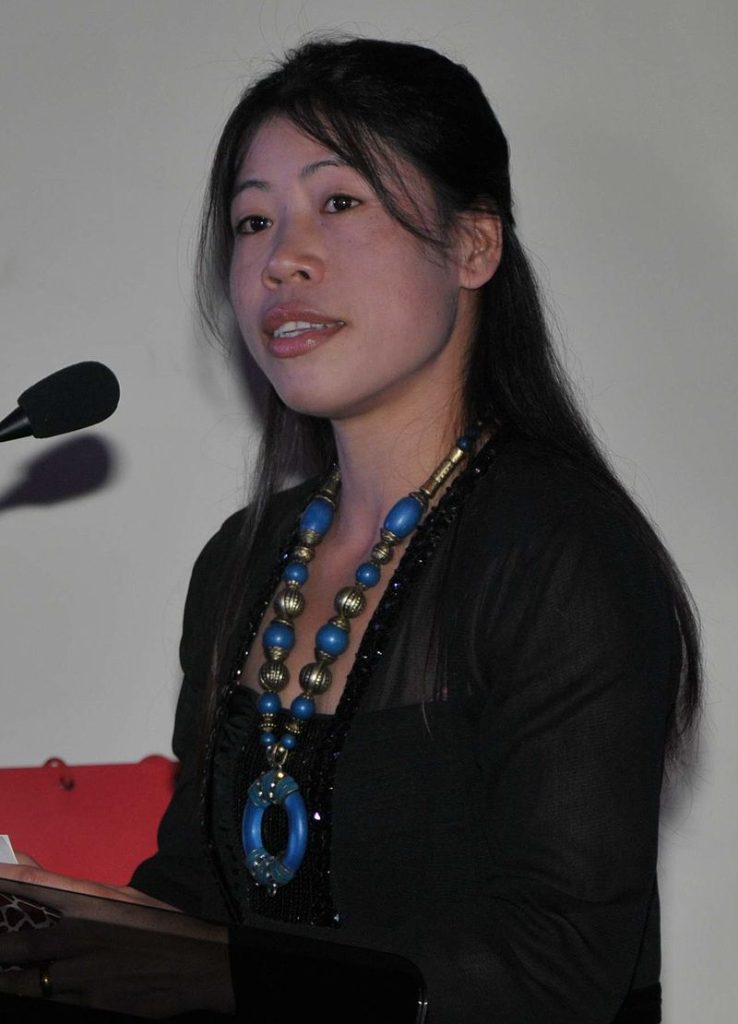
Her breakthrough came in 2002 when she clinched her first World Championship gold medal in Antalya, Turkey. She went on to win a total of six World Championship titles, making her the only woman in history to achieve this feat. Her victories not only brought glory to India but also shattered stereotypes about women in sports.
Achievements and Accolades:
Mary Kom’s career is a testament to her indomitable spirit and unmatched talent.
Her major achievements include:
- Olympic Medal: Mary Kom won a bronze medal at the 2012 London Olympics, becoming the first Indian woman boxer to achieve this milestone.
- World Championships: With six gold medals and one silver, Mary Kom is the most successful female boxer in the history of the World Championships.
- Asian Games: She won a bronze in the 2010 Asian Games in Guangzhou and a gold medal at the 2014 Games in Incheon.
- Commonwealth Games: Mary Kom clinched gold at the 2018 Commonwealth Games, adding another prestigious title to her list.
- Padma Awards: She has been honored with the Padma Shri (2006), Padma Bhushan (2013), and Padma Vibhushan (2020), recognizing her immense contribution to Indian sports.
- Rajiv Gandhi Khel Ratna: In 2009, she received India’s highest sporting honor for her outstanding achievements.
Balancing Motherhood and Boxing:
One of the most inspiring aspects of Mary Kom’s journey is her ability to balance her personal and professional life. A mother of three, she defied societal expectations by returning to the ring after giving birth to her first child. Her resilience and determination proved that motherhood is not a barrier to pursuing one’s dreams.
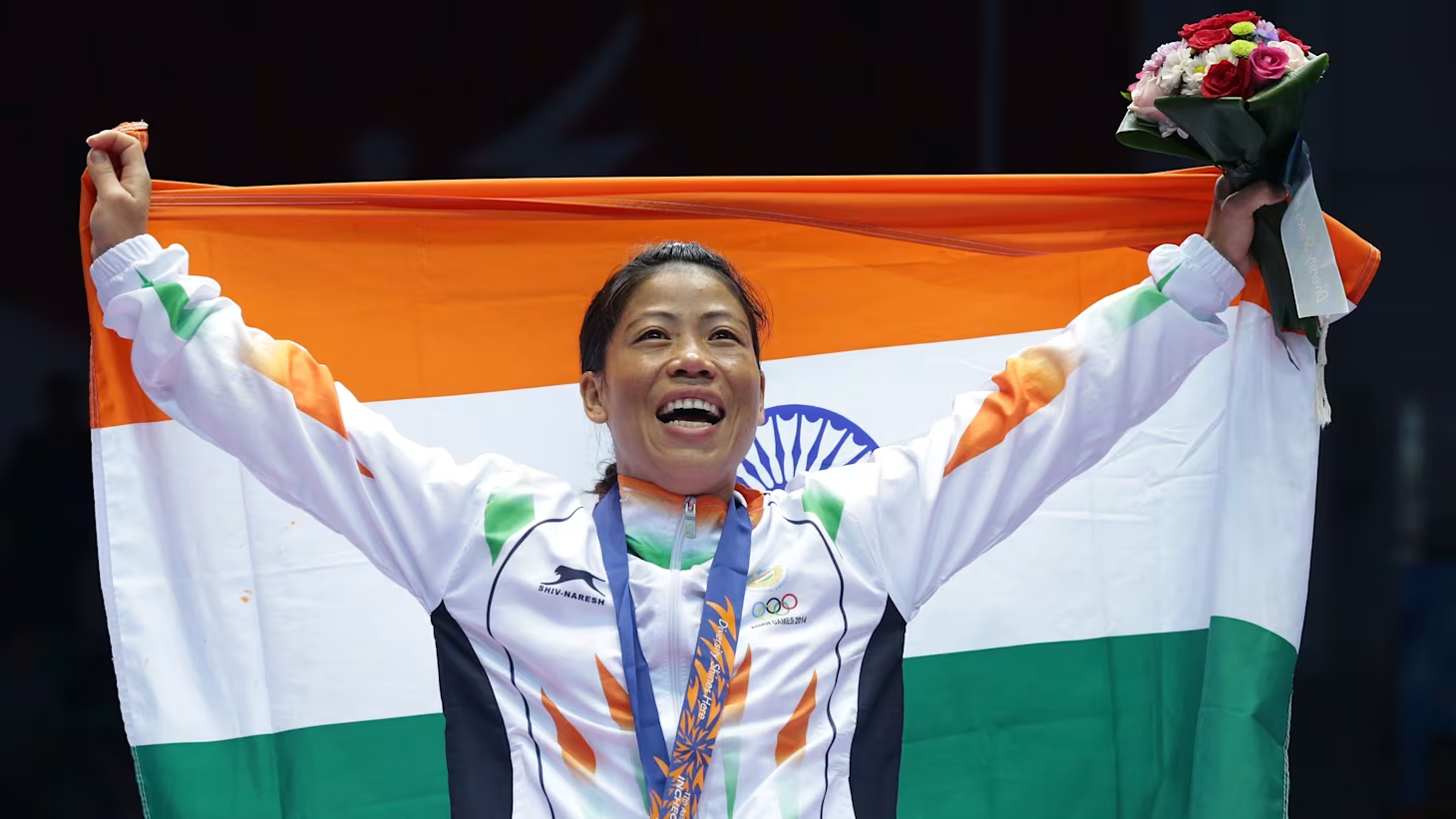
Mary Kom often credits her family, especially her husband Onler Kom, for their unwavering support. Onler has been a pillar of strength, managing the household and ensuring that Mary could focus on her training and competitions.
Challenges and Perseverance:
Mary Kom’s journey has not been without challenges. From financial hardships in her early days to battling injuries and societal biases, she faced numerous obstacles. However, her ability to stay focused and work tirelessly toward her goals set her apart from others.
Her bronze medal at the London Olympics came after years of struggle, as women’s boxing was introduced to the Olympics only in 2012. Despite being in her late 20s and competing against younger opponents, she showcased her class and determination to secure a place on the podium.
Legacy and Impact:
Mary Kom’s impact extends far beyond the boxing ring. She has inspired a generation of young athletes, especially girls from rural and underprivileged backgrounds, to dream big and break societal barriers. Her story has become a symbol of hope and empowerment, proving that with hard work and perseverance, nothing is impossible.
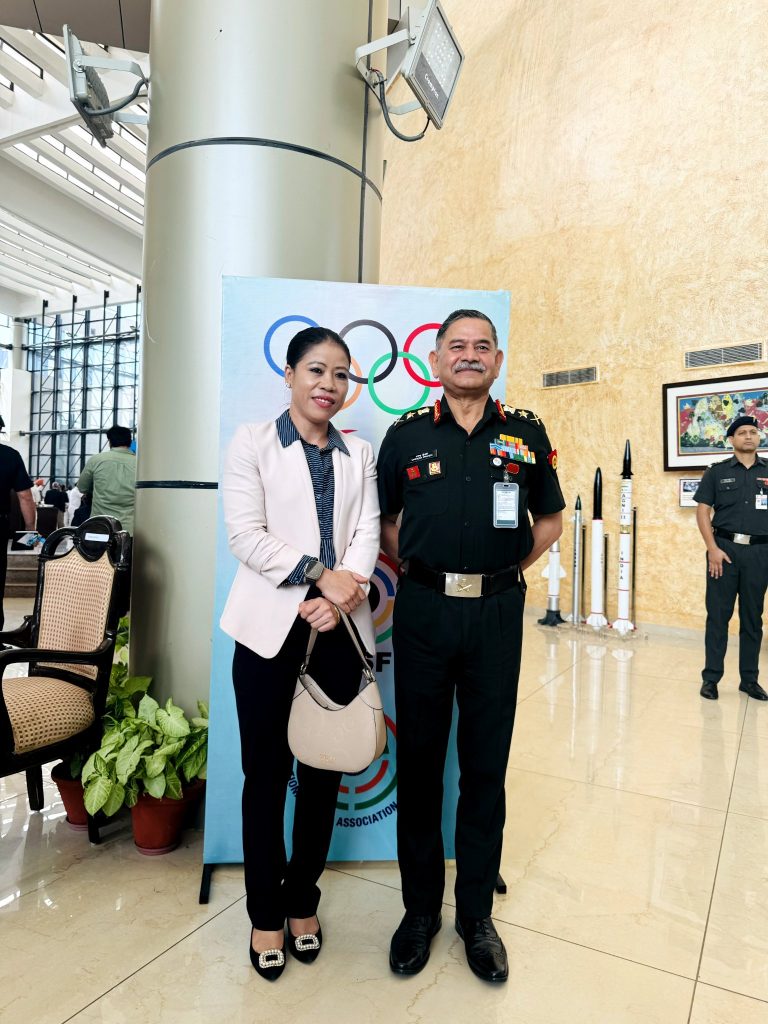
In recognition of her contributions, the government established the Mary Kom Regional Boxing Foundation in Manipur to nurture budding talent. She has also served as a Member of Parliament in the Rajya Sabha, using her platform to advocate for sports development and women’s empowerment.
Recent Years and Future Goals:
Mary Kom continues to compete at the highest level, defying age and expectations. Though she missed qualifying for the Tokyo 2020 Olympics, she remains determined to contribute to Indian boxing as a mentor and coach.
Mary Kom, the celebrated Indian boxer and six-time world champion, is actively pursuing a transition into professional boxing. Having reached the age limit for amateur competitions, she remains eager to continue her boxing career. In recent statements, Mary Kom has expressed her intention to enter the professional boxing arena to satisfy her enduring competitive spirit.
Her biopic, “Mary Kom”, starring Priyanka Chopra, further immortalized her legacy, bringing her incredible journey to a global audience.
Conclusion:
Mary Kom’s life is a story of grit, passion, and perseverance. From a small village in Manipur to the global stage, she has carved a niche for herself in the annals of sports history. Her achievements are a source of pride for India and a beacon of hope for aspiring athletes worldwide.
As per vamaindia.in, she transitions into new roles, whether as a mentor, policymaker, or advocate for sports, Mary Kom’s legacy will continue to inspire generations. She is not just a boxer but a trailblazer who has shown the world the true meaning of determination and excellence.


